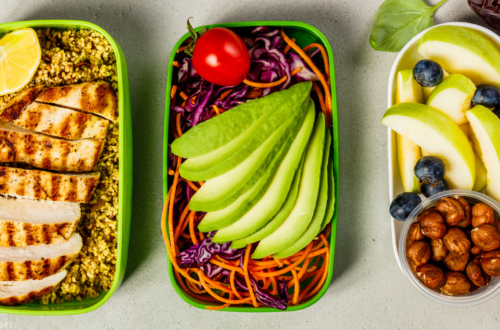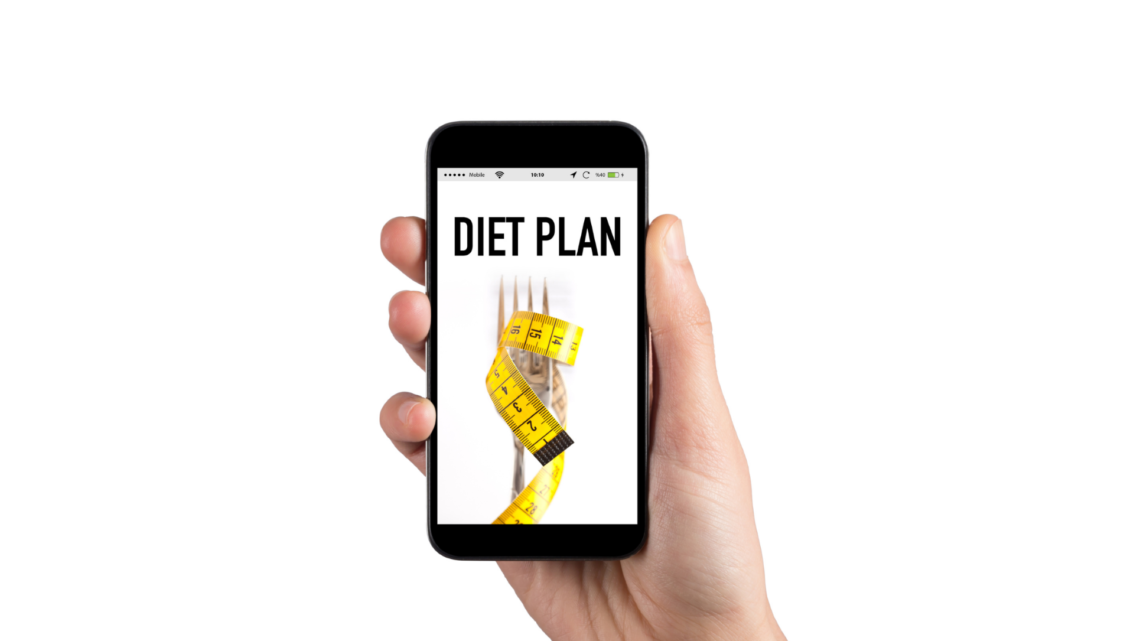
Which Fad Diets Can Actually Help You Lose Weight?
Many people are in search of a quick fix when it comes to losing weight. They want to lose weight fast – and with as little effort as possible.
So it’s no surprise that fad diets are so popular, and If you’re like most people, you’ve probably tried a fad diet at some point in your life.
The majority of fad diets promise fast results but don’t deliver, and some are outright dangerous. However, it turns out that some fad diets may actually help you lose those pesky pounds.
In this blog post, we will go over the top 5 fad diets that actually work.
So keep reading to find out what they are!
To learn about some of the weirdest fad diets, click here.
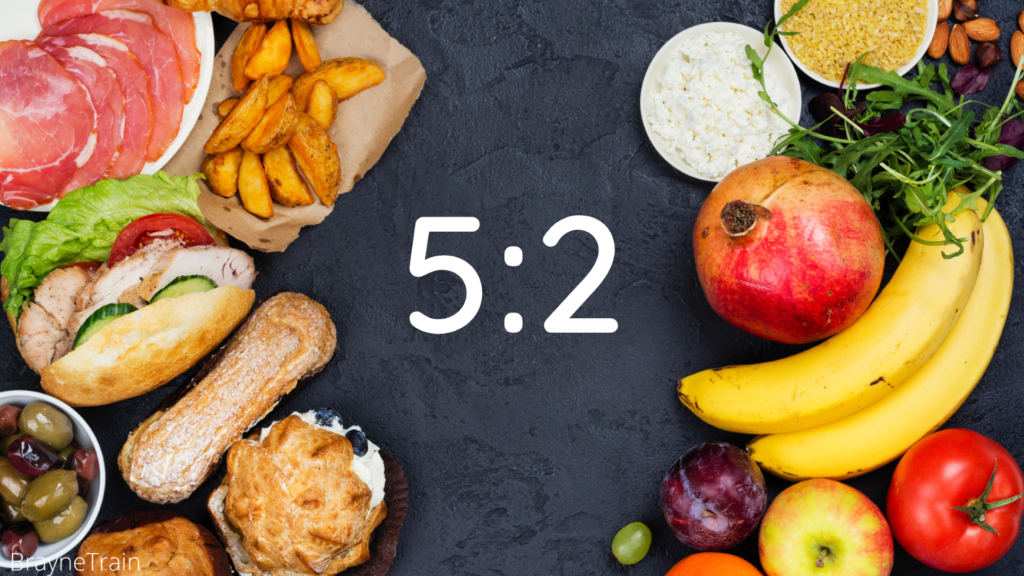
5:2 Diet
The 5:2 diet has become increasingly popular in recent years as a way to lose weight without feeling deprived.
This diet is an eating plan in which you eat normally or slightly more than usual for 5 consecutive days. Following those days, you then restrict your calorie intake to 500 calories or 25% of your usual calorie intake, for 2 two consecutive days
Studies have shown that the 5:2 diet actually works and can help you lose weight, in addition to providing you with flexibility in your normal eating days.
The British Journal of Nutrition published a study that indicated participants who followed the 5:2 diet for 3 months lost more fat in comparison to other groups. Also, the 5:2 group’s insulin sensitivity had significantly improved.
To learn about the best ways you can lose weight quickly, click here.
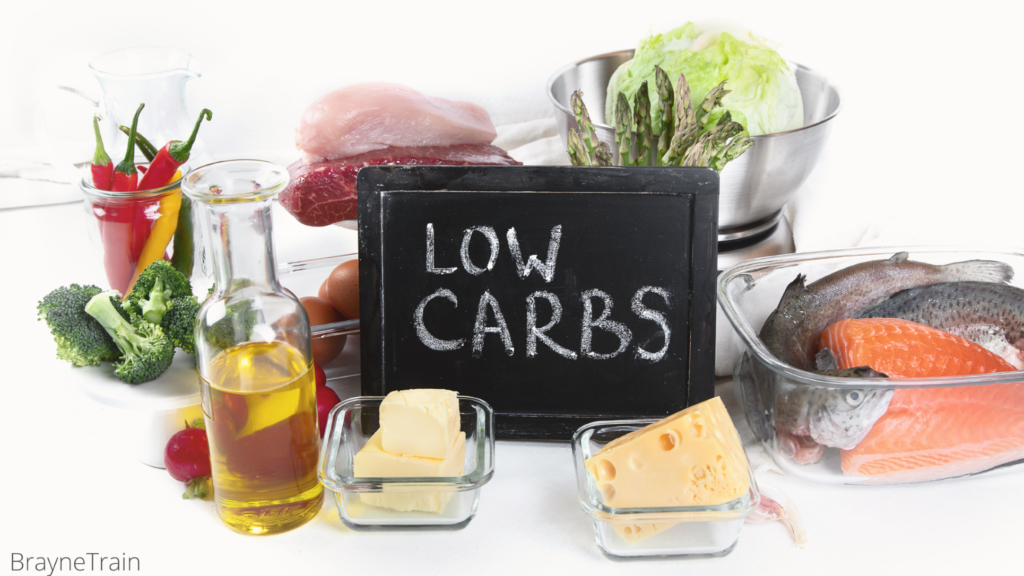
Atkins
The Atkins diet is a popular weight loss diet that has been around for many years.
Atkins is based on restricting the intake of carbohydrates, which are usually the body’s primary source of energy.
By reducing carbohydrate consumption, you force your body into Ketosis. In ketosis, the body switches its primary fuel source to fat, resulting in fast weight loss.
To learn about keto breath and ketosis, click here.
what To Eat on Atkins:
- Red meat (high quality)
- Low-carb vegetables (broccoli, leafy greens, etc.)
- Poultry
- Seafood
- Eggs (organic, pasture-raised)
- Healthy fats (olive oil, avocados, olives, etc.)
- Nuts & seed
What to avoid on Atkins:
- Sugar & carbohydrates
- Processed food
- Grains (wheat, rye, barley, rice, etc.)
- High-carb vegetables (carrots, turnips, etc.)
- High-carb fruits (bananas, apples, oranges, pears, grapes, etc.)
- Starches (potatoes, sweet potatoes, etc.)
- Legumes (lentils, beans, chickpeas, etc.)
Science has proven Atkins to be an effective way to achieve fast weight loss, making it a popular choice for those looking to get in shape quickly.
To learn about ways you can lose weight quickly without exercise, click here.
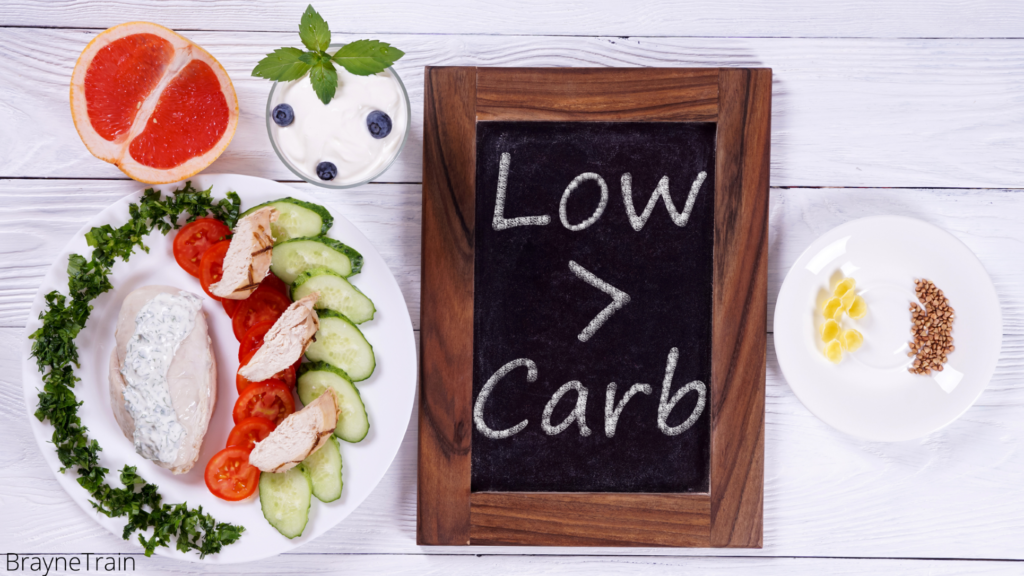
The Zone Diet
The zone diet was created by Dr. Barry Sears, and it’s designed to help reduce inflammation and help with weight loss.
The Zone is based on limiting your daily macros to a 40:30:30 ratio; 40% carbohydrates, 30% proteins, and 30% fats.
The goal of the Zone diet is to reduce carbohydrate intake and increase the daily intake of healthy fats and protein, which can help lower insulin levels and reduce inflammation, resulting in weight loss.
In addition, the Zone diet also cuts out processed foods and refined carbohydrates.
While there is no significant scientific evidence supporting the claims of the Zone diet, this meal plan does show promise due to its low-carbohydrate nature.
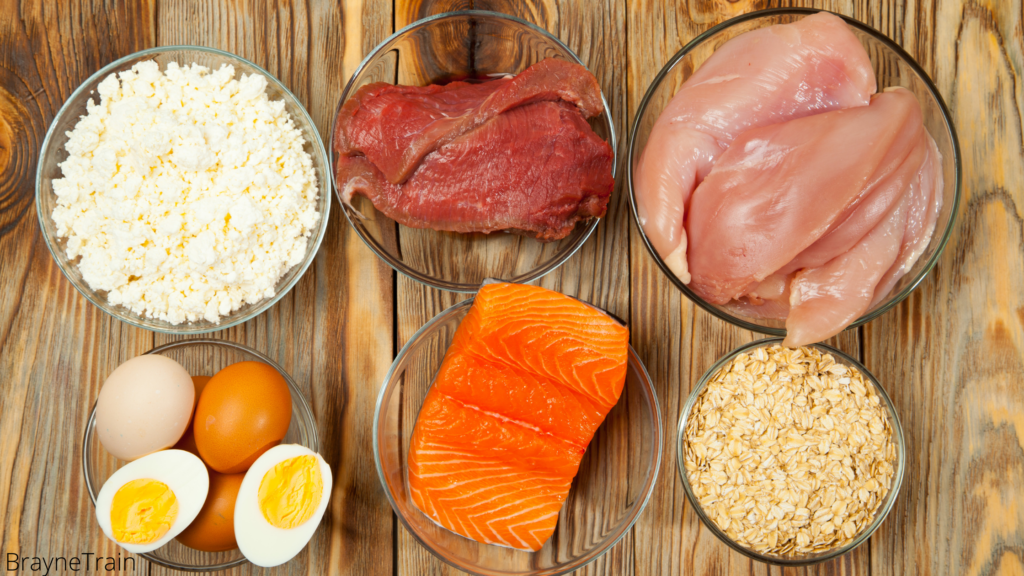
The Dukan Diet
The Dukan diet is a high protein, low carbohydrate eating plan that has gained popularity over several years.
Designed by Pierre Dukan, a former French physician and self-proclaimed nutritionist, this diet is based on how hunter-gatherers used to eat. Restricting carbohydrates is the main objective of this diet.
The Dukan diet includes only 100 foods, proteins, and vegetables.

The Four Phases of the Dukan Diet:
- The Attack phase: This phase is the initial stage and consists of eating foods from the “pure protein” list.
- This stage is for rapid weight loss and usually lasts for about 2-5 days.
- The cruise phase: At this stage, the individual adds vegetables to the diet, designed to help lose weight more gradually.
- The length of this phase depends on how much weight an individual wants to lose.
- The consolidation phase: In this stage, some starch is introduced back into the diet.
- This stage is not designed to lose weight, but to try and not gain any weight back.
- The stabilization phase: The maintenance stage.
Studies suggest that the low carbohydrate and high protein content of this diet can help you lose weight.
Additionally, the Dukan diet can be challenging to stick to long-term, as it requires a strict food intake plan. Still, if you are looking for a way to lose weight quickly, the Dukan diet may be worth considering.
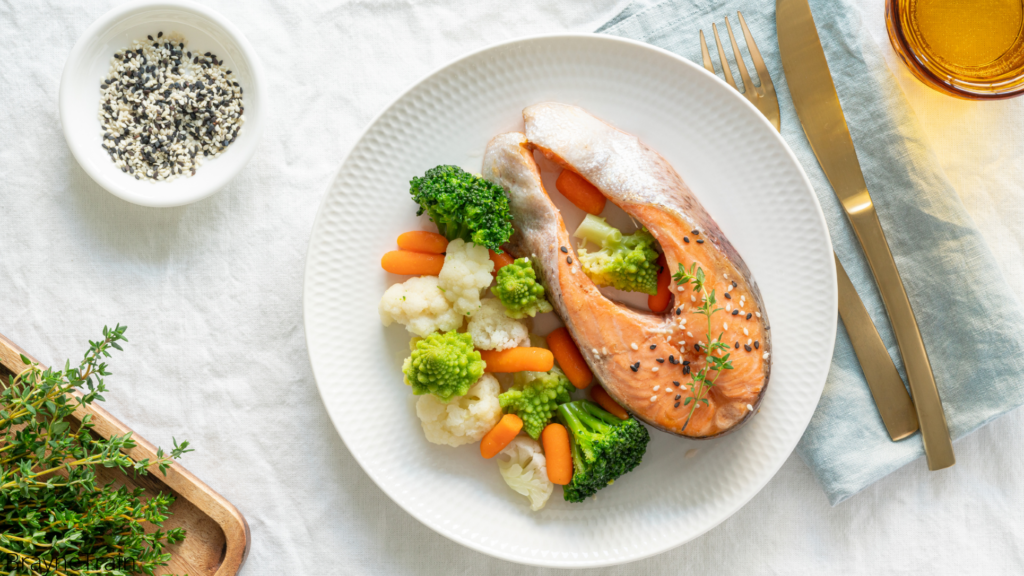
DASH diet
DASH is a popular, scientifically-backed, eating plan, designed to promote overall health and well-being.
The DASH diet is a versatile and healthy option that can be tailored to fit any individual’s needs. It requires no special foods or preparation.
How do you follow the DASH diet?
- Eat vegetables, fruits, and whole grains.
- Eat fat-free or low-fat dairy products, fish, poultry, beans, nuts, and vegetable oils.
- Limit foods that are high in saturated fat, such as fatty meats, full-fat dairy products, and tropical oils. such as coconut, palm kernel, and palm oils.
- Limit sugar-sweetened beverages and sweets.
DASH has been shown to lower blood pressure, improve cholesterol levels, and reduce the risk of heart disease, stroke, and diabetes.
In addition, the DASH diet is easy to follow and sustainable in the long term. Whether you are looking to lose weight, improve your health, or reduce your risk of chronic diseases, the DASH diet might be your answer.
Takeaway
While many fad diets do not work, there are ones that actually may work. DASH and the Atkins diet are two such examples. If you’re considering starting a diet, it’s essential for you to do your research and talk to your doctor to find out which diet is best for you. We hope this article has been helpful and provided some valuable information about different types of fad diets. Thank you for reading!
References
Harvie, Michelle et al. “The effect of intermittent energy and carbohydrate restriction v. daily energy restriction on weight loss and metabolic disease risk markers in overweight women.” The British journal of nutrition vol. 110,8 (2013): 1534-47. doi:10.1017/S0007114513000792



